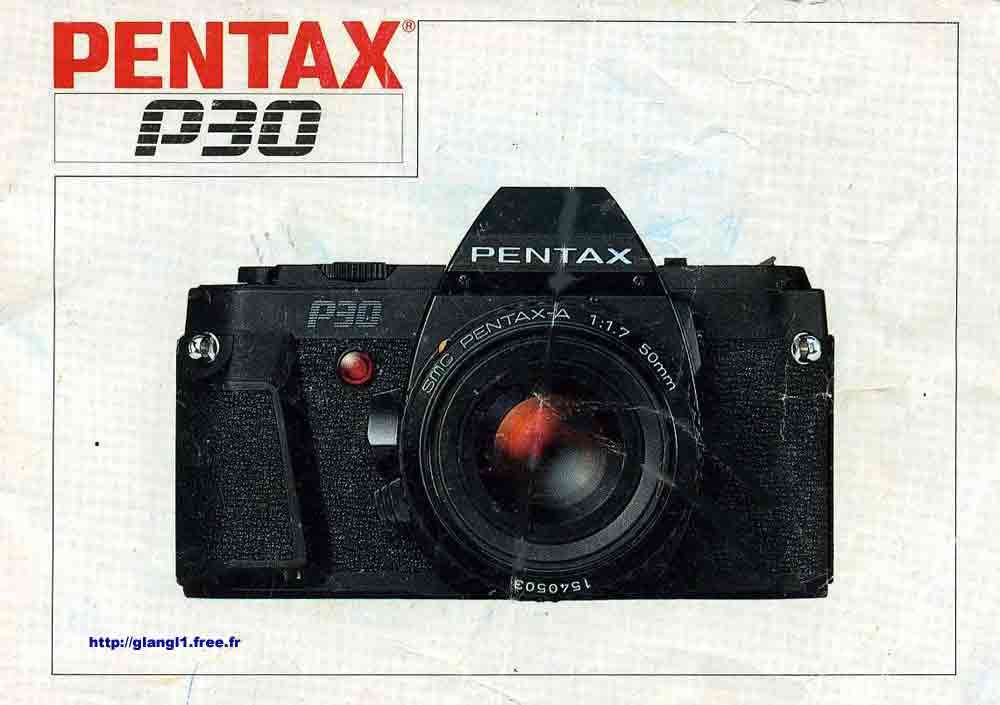Film v Digital
Tags: Digital Photography, General Photography

Ah yes... that age old Photographic argument.
Digital photography first entered my life via my father back in 1999, who came home armed with a big grin and an Olympus digital camera that cost a fortune at the time and had..... wait for it..... a resolution of 300,000 pixels.


This meant nothing to me at the time such was my stubborn outlook and lack of interest in digital.
Amateur Photographer Magazine, Practical Photographer Magazine and BJP were all telling me that the digital age was coming and would one day push Film Photography to one side.
From the first initial images of the Olympus I thought the above statement was doubtful, when the first print resembled a dot painting I thought the above statement was bullshit, how wrong was I!
My Dad was like a kid with a new toy. I was happy with my 20-year-old Pentax P-30 SLR Film camera.


A year later the Olympus got traded in for a Sony Mavica Digital camera with Carl Zeiss optics which you actually inserted a blank floppy disc in, to capture the digital files onto. It had a 0.3 megapixel sensor.
It was a handsome looking device and for this reason alone I picked it up and started using it.
Queen Victoria who minus her entire body, was understandably looking morose and permanently in our garden sat on the rockery in amongst the plants was to be my first model.The shots looked great even though she failed to move or raise a smile.


Through art college and my first 2 years at University, I continued to master and shoot on film still, but finally bought my first digital camera in the summer of 2002 which I had worked all summer for.

 A Fuji Finepix S602 with 3.5 million pixels and a zoom lens, some of the pixels were interpolated which means they were replicated from available pixels.It was more of a “Bridge” Camera neatly filling the market gap between pocket sized digital camera and professional digital SLR.
A Fuji Finepix S602 with 3.5 million pixels and a zoom lens, some of the pixels were interpolated which means they were replicated from available pixels.It was more of a “Bridge” Camera neatly filling the market gap between pocket sized digital camera and professional digital SLR.
I soon noticed a change in my shooting habits when using my Fuji digital camera in the fact that i shot more images of what ever I was shooting as I knew my memory card could hold more than 24 or 36 images.
Quickly I realised that this shooting style was causing me to shoot consistantly less very good images and more average shots. You see shooting film lends itself to shooting with a much more considered approach because traditional 35mm film came in rolls of 24 or 36 frames.
When shooting with a more considered approach, one observes the scene in front of them more and pays more attention to subtle changes such as the exposure needle subtly moving if the sky suddenly darkens and the sun disappears, or even more attention to a subjects movements and facial expression.


Ever since then I have shot digital with “a film mindset”. A lot of other Photographers shoot with a carpet bombing mentality which is a waste of time and just leaves one with more images to sift through in post production. In the long term it also makes one a less skilled shooter.

 A few years later with my Dad's help I bought my first digital SLR in the form of a Nikon D-70 with a 6 million pixel sensor which lent itself to producing good quality prints within the confines of A4.
A few years later with my Dad's help I bought my first digital SLR in the form of a Nikon D-70 with a 6 million pixel sensor which lent itself to producing good quality prints within the confines of A4.
Since then I have always stuck with Nikon gear as their film cameras were the best and I believe in the digital age they triumph over Canon for two reasons, their lens optics are superior and the ability of the premium bodies to shoot at extremely high iso in low light and have no noticeable grain in the resultant image.
Aesthetically I have always thought the cream and grey lens barrels of the various Canon telephoto lens’ looked crap, but hey.
So back to the question that started this blog post, which shooting format to use?
For the Pro, if you want to put food on the table, shoot digital and only shoot film for personal work.
For the keen hobbyist you can use either.
Has Digital improved Photography? Yes, as it allows one to view work quicker and no, as it has allowed individuals to enter the industry and make a living, who aren’t skilled enough and who do not truely understand and appreciate the processes of Photography and the workings of camera equipment.
As opposed to those (who may also have been schooled in Film Photography and learnt with manual cameras) who do truly understand and appreciate.